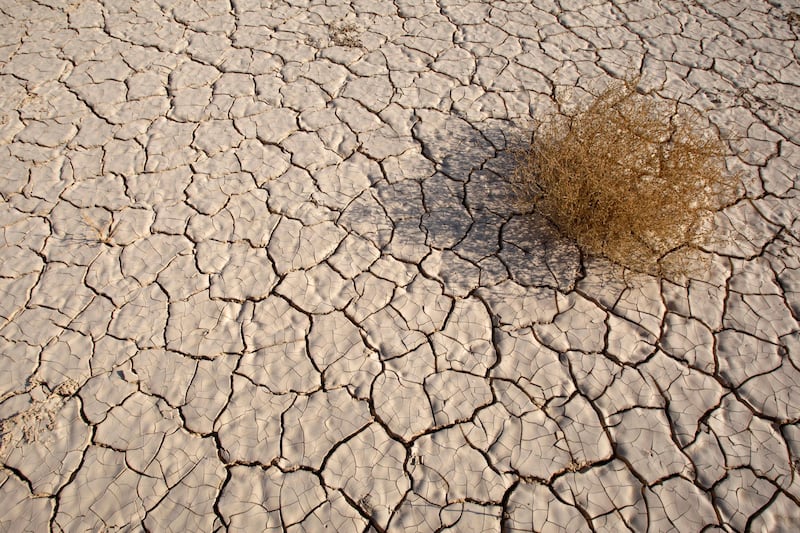Water has always been a scarce resource in the Arab world. Indeed, the residents of several countries, such as Jordan, Lebanon and even Saudi Arabia, have been routinely subjected to water rationing schedules as far back as two decades ago. In Amman, for instance, government water sources are only switched on once a week, with people living on what's in their water tankers the rest of the week.
With the population of the Arab world booming, the situation is only becoming more complicated. Rare rains have led to over-exploitation of ground water across several countries as far and wide as Morocco, where up to 30 protests at water shortages in the country's south broke out earlier this month.
As The National reported, the World Science Forum in Jordan heard that extensive regional efforts at securing intergovernmental agreements on how to use what little water we have left have made little progress despite the urgency becoming more critical by the day. Despite being home to five per cent of the world's population, which is set to double by 2050, the Arab world is home to little more than one per cent of the world's renewable water resources, making water "the most pressing issue in the region", according to one Unesco official at the forum.
The crisis, as The National reported just the week before, is only compounded by the fact that it has become a vicious cycle: the need for water leads to the exploitation of traditional desalination techniques, which, in turn, has created a much more advanced carbon footprint than elsewhere, potentially affecting rain levels, according to some studies.
Wars have been fought over resources throughout the ages, and yet, why can’t the quest for more effective water conservation techniques unite us? Indeed, another Unesco official at the forum said scientific tools “enable the creation of a joint perspective” instead of countries looking at shared water assets from the point of view of only their own interests. Iraq’s minister of water resources, for example, said talks with water-abundant Turkey may be a possible avenue.
Regional forums, such as the most recent one in Jordan, are proof that officials are aware of the immense challenges ahead. As long as we cultivate the region's budding scientists to help with this crisis, there is no reason it can't be eased.





